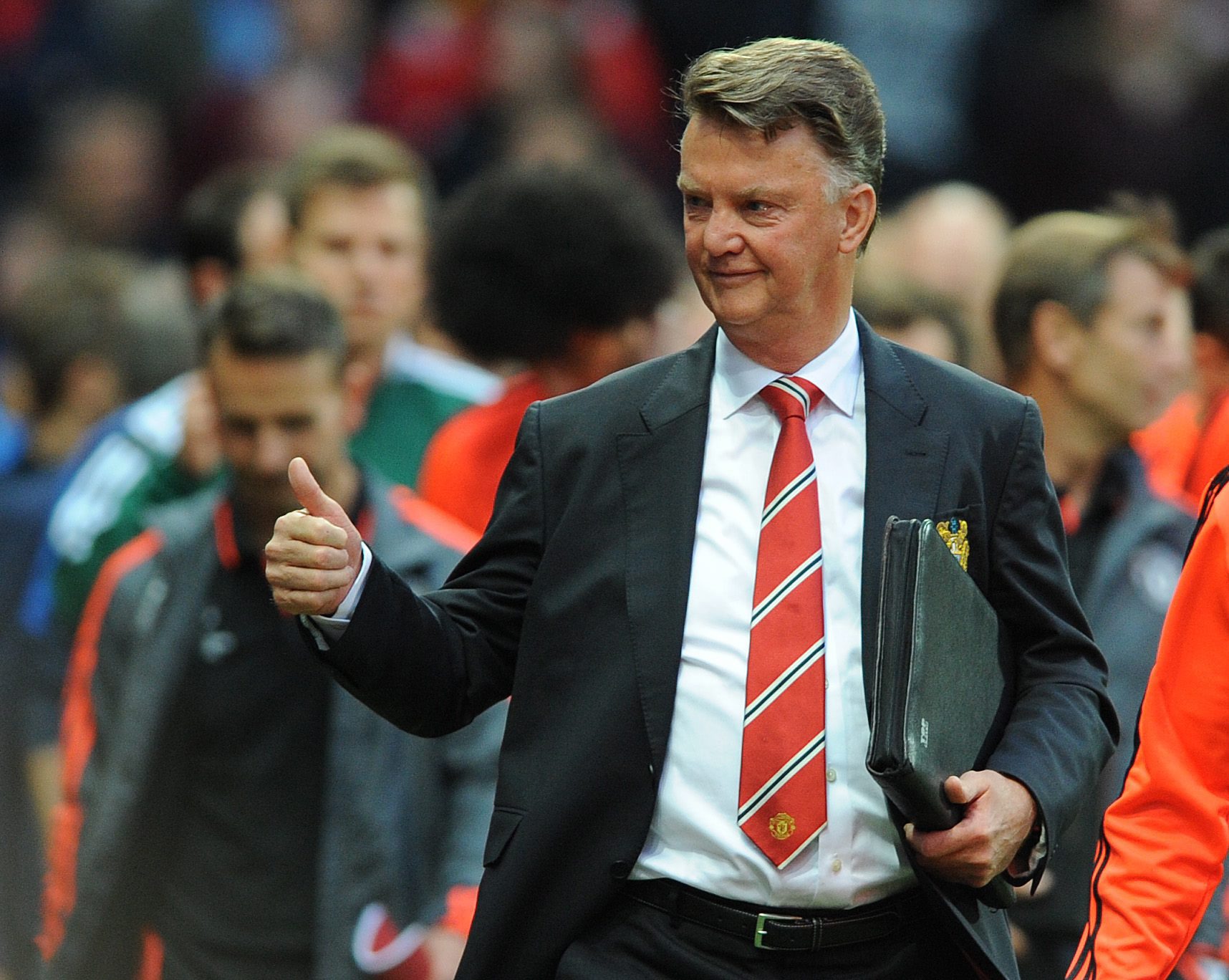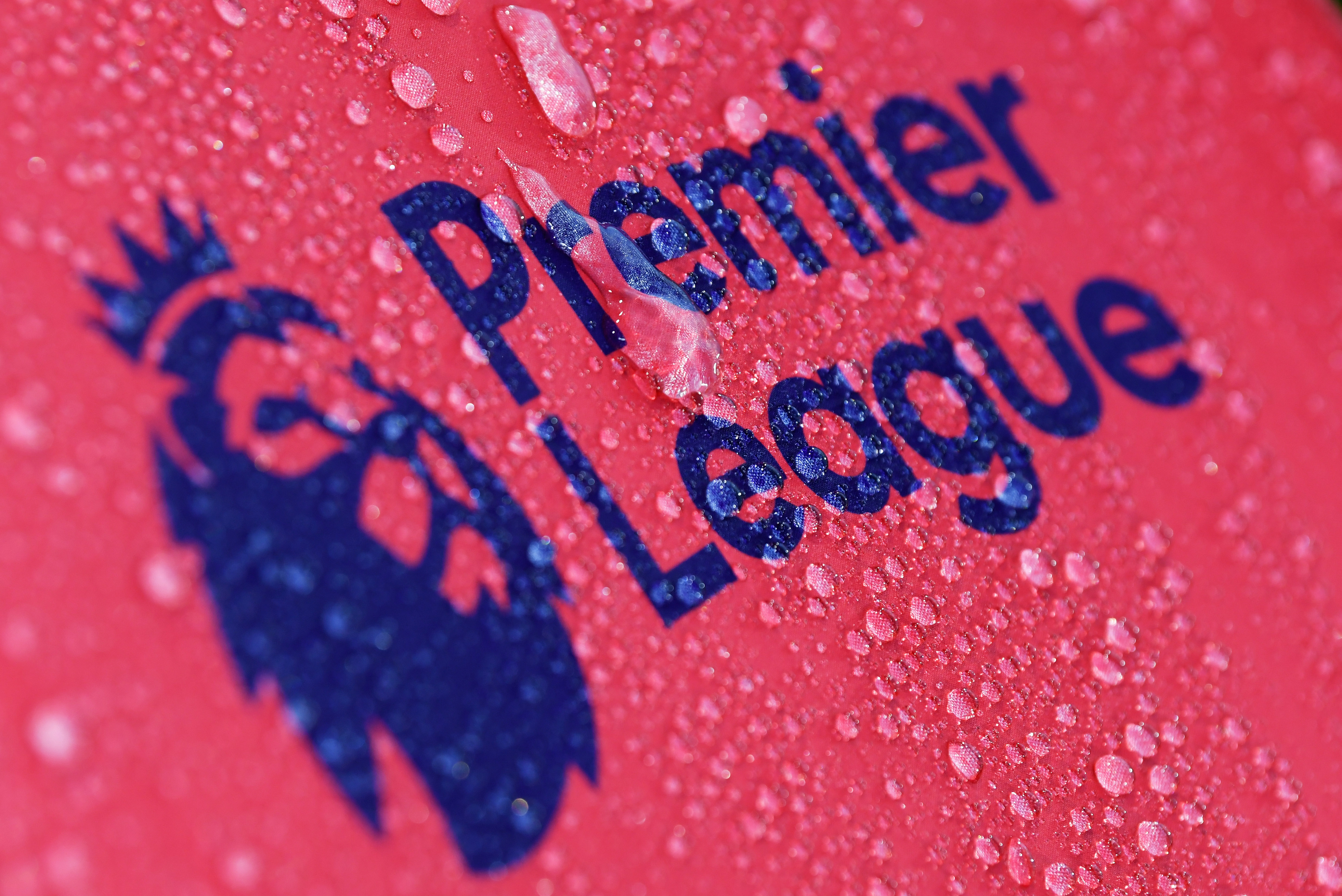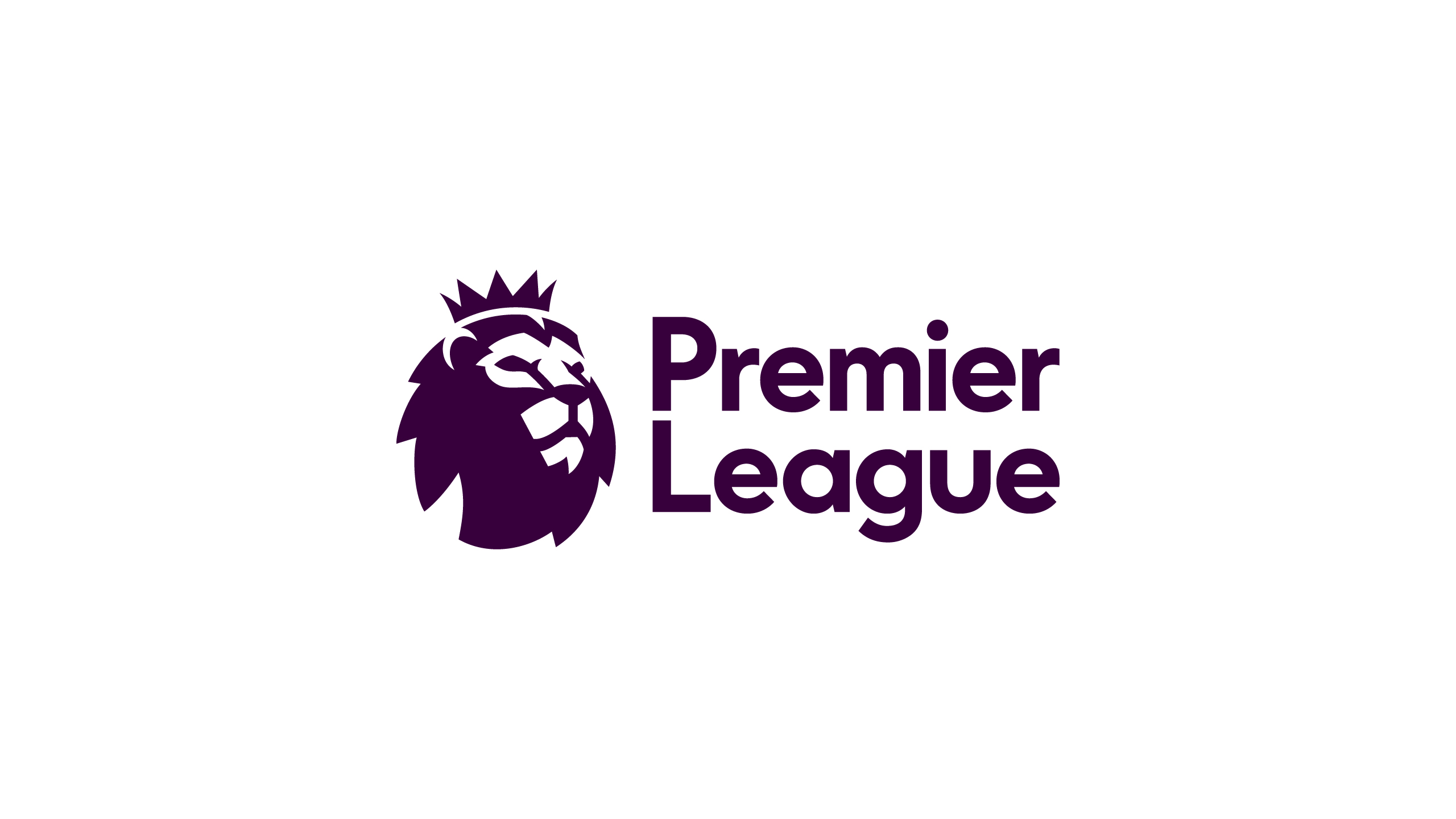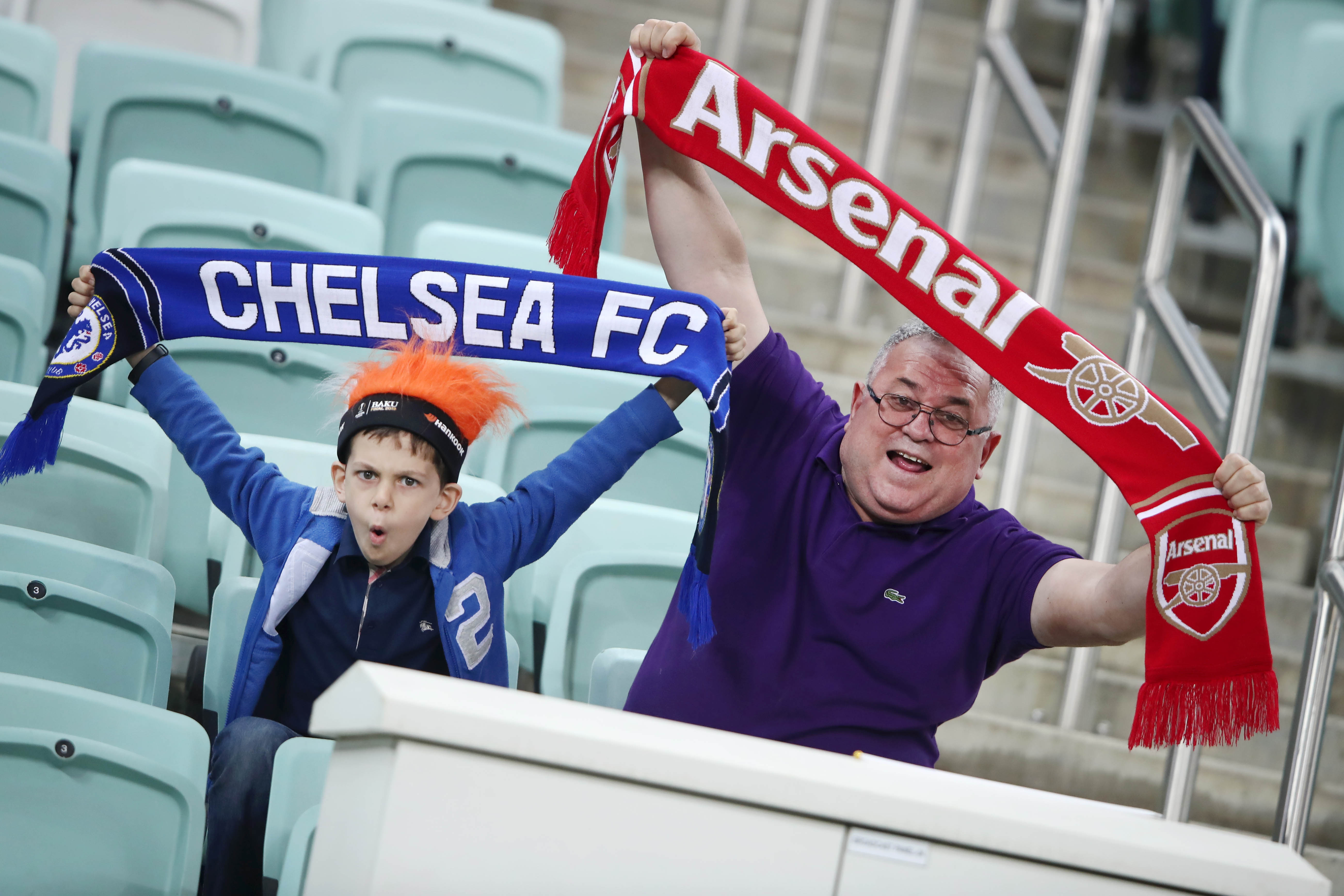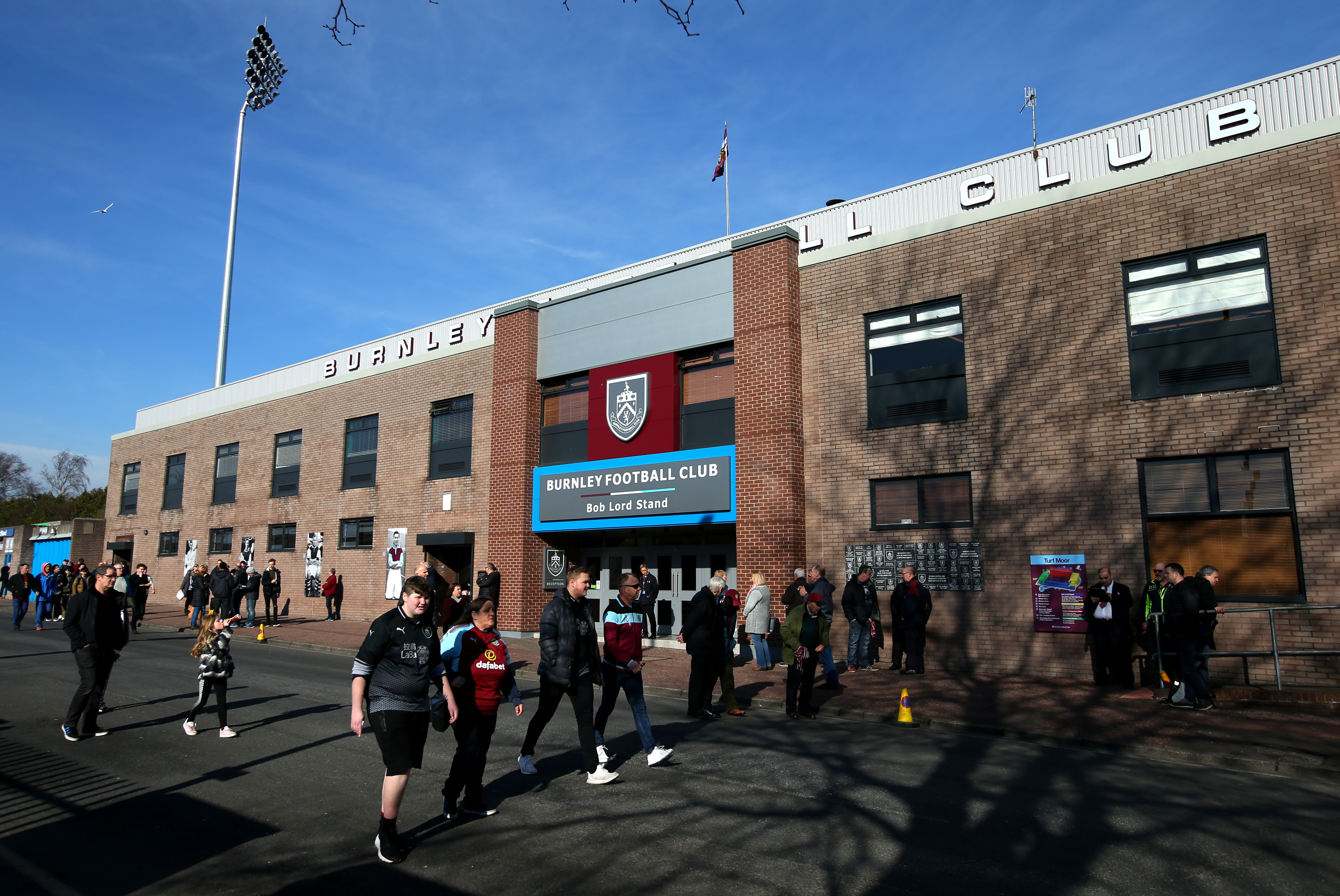As Manchester United prepare to face Liverpool FC at Old Trafford, manager Louis van Gaal has admitted that his breakdown of relationship with Victor Valdes had caused a flat dressing room atmosphere. But, the manager went on to say that he was not a dictator, but, a communicator.
Louis van Gaal had signed Victor Valdes on a free transfer following the player recovering from an injury that sidelined him for more than a year. However, the manager and the former FC Barcelona player had a fall out that meant Valdes was frozen out from the first team at Old Trafford.
Valdes, De Gea situation caused problems in the dressing room: Van Gaal
Just as Liverpool FC were preparing to come to Old Trafford, reports emerged that Van Gaal was confronted by senior players regarding the team morale as well as certain other problems regarding the way things are being run at the club.
Explaining the situation in the dressing room, Van Gaal was quoted saying by ESPN FC: “Friends are going away, we have problems with Valdes, and we have problems with De Gea, which has a great influence on the dressing room. That is why it is flat.”
I am Not a dictator: van Gaal
Manchester United have also been criticised for their boring possesion football which lacks cutting edge and goals. However, van Gaal said that the players are happy with the tactics and they are coming to him with issues they have on it.
“I have changed that I say the gameplan to them, for example,” Van Gaal said. “Now I ask in advance and they can say what they want, but most of the strategy is always the same, because they like the way we have done it.
“They are coming to my office, believe me, it is like it is. I am not a dictator, I am a communicator, and I have said that in advance.”
.
Louis van Gaal defends the culture of pre and post game meetings
Another reason for which van Gaal was confronted by the players had to do with the excessive number of team meetings.
Explaining the situation in regards to it, he said: “We have a lot of meetings, yes, that is the philosophy.
“You have to make an analysis of the opponent and you need a meeting to show that. Then you have to make a game plan and hold a meeting about the game plan, then you have to practice.
“Then we have to discuss with the players on the pitch how they feel and maybe we have to change. If they have good arguments then we have to change and we play the match.
“Then we have to see how they play and I have to say something at half-time. Then I might have to change and afterwards we have an evaluation and another meeting.
“When you have professional behaviour, that is a lot of meetings. We are working at the most commercial club of the world, so we have also a lot of commercial activities, but it is still better than every other job.
“It is still better, because as a player you can work as your hobby, only you have to change your attitude, your professional attitude. Do you want to change something in that process? Then you have to have fantastic arguments and they are agreed on that.”
